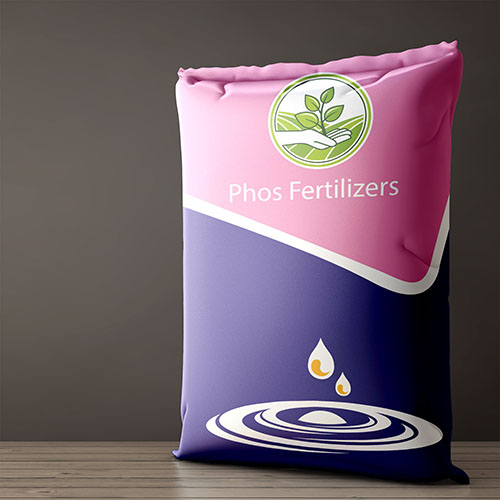Welcome to PhosFertilizers, we hope you will enjoy our products and have good experience
P Fertilizer
P Fertilizer

The use of chemical P Fertilizer in commercial farming can have negative environmental impacts, including water pollution, soil degradation, and harm to wildlife. For example, excess nitrogen from chemical P Fertilizer can leach into waterways, causing algae blooms that harm fish and other aquatic life. Organic P Fertilizer , which are made from natural sources and do not contain harmful chemicals, can reduce the environmental impact of farming. By using organic P Fertilizer , commercial farmers can help to protect water quality, promote soil health, and reduce negative impacts on wildlife.Chemical P Fertilizer can leave residue on crops, potentially causing harm to human health if ingested. Organic P Fertilizer do not pose the same risk, ensuring that food produced with organic methods is safer for consumption. By using organic P Fertilizer , commercial farmers can help to promote food safety and reduce the risk of harmful residues on crops.Most garden P Fertilizer contain the three primary plant nutrients: nitrogen (N), phosphorus (P), and potassium (K), plus small amounts of the minor nutrients: magnesium, calcium, sulfur, iron and boron. The N-P-K ratio on the package tells you the percentage – by weight – of each major nutrient. Chemical P Fertilizer can be expensive, especially when used in large quantities for commercial farming. Organic P Fertilizer , while often more costly upfront, can provide cost savings over the long term by improving soil health and reducing the need for chemical inputs. By using organic P Fertilizer , commercial farmers can potentially reduce their long-term costs while promoting sustainable and environmentally-friendly farming practices.
